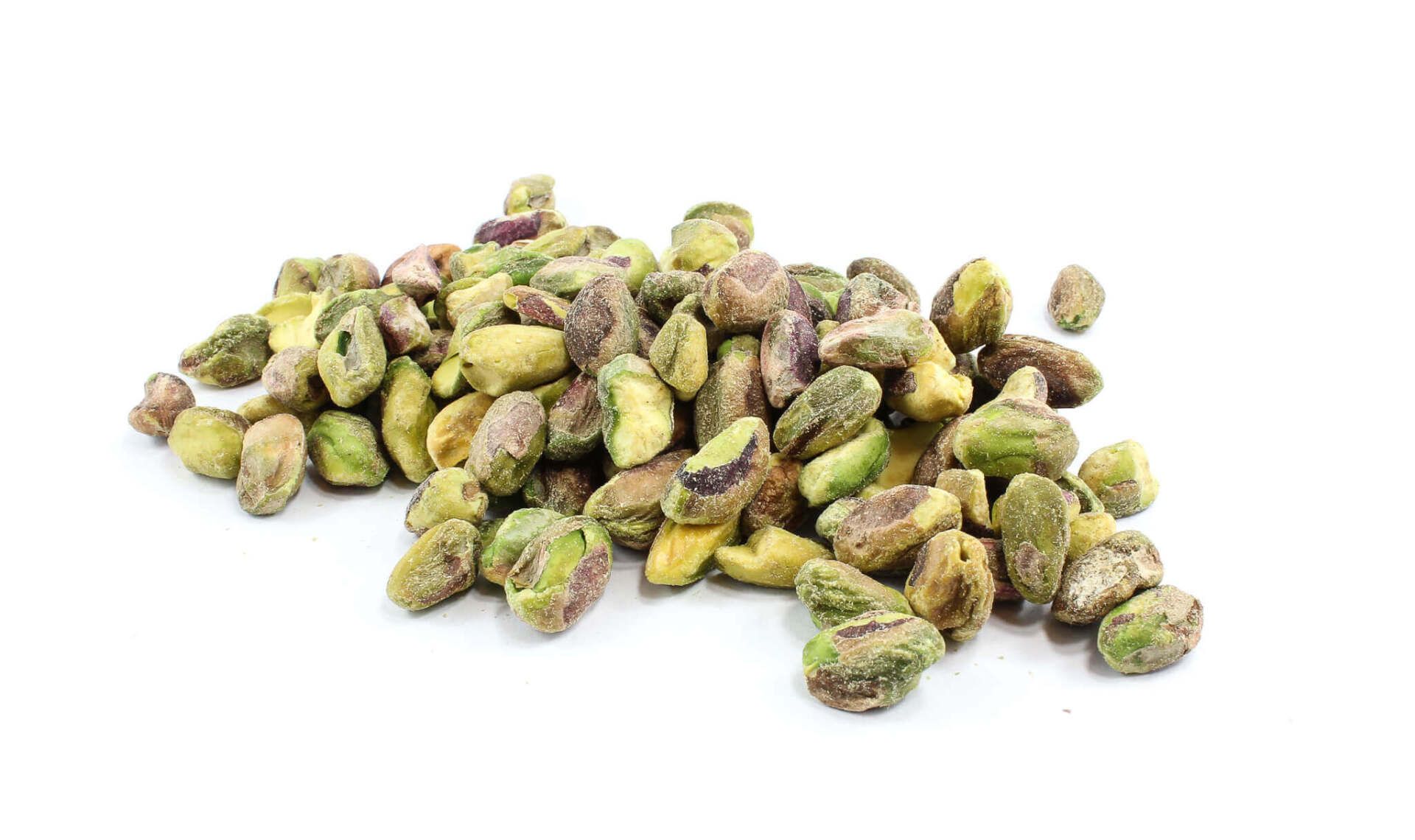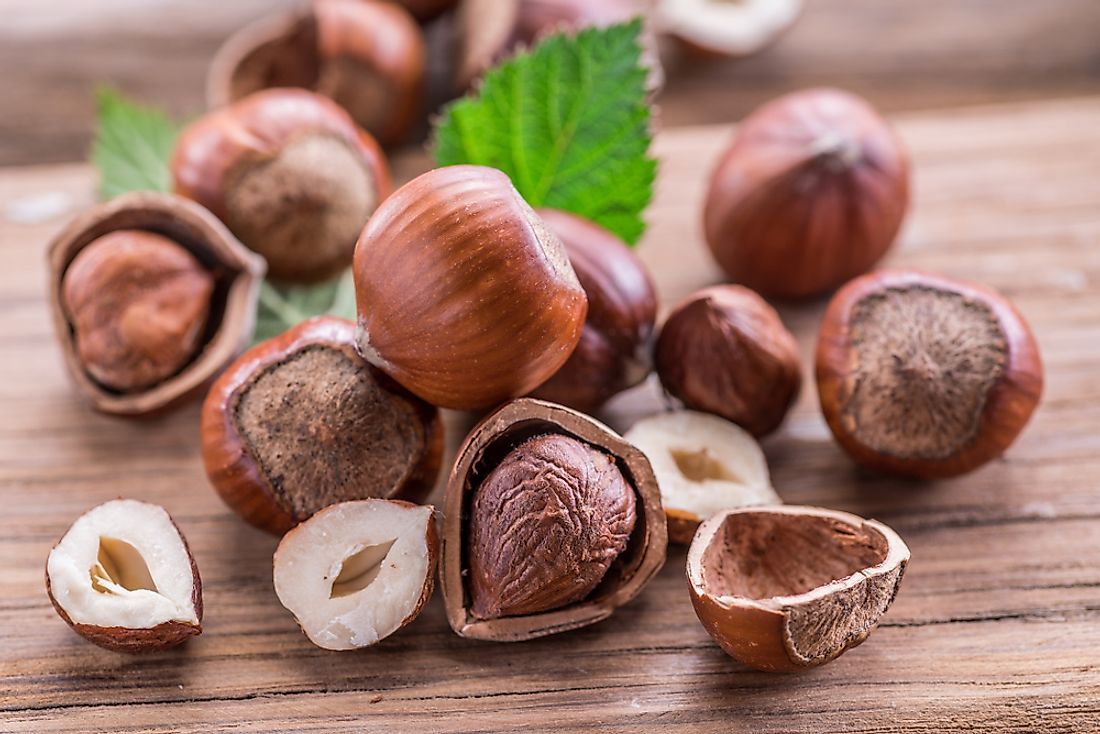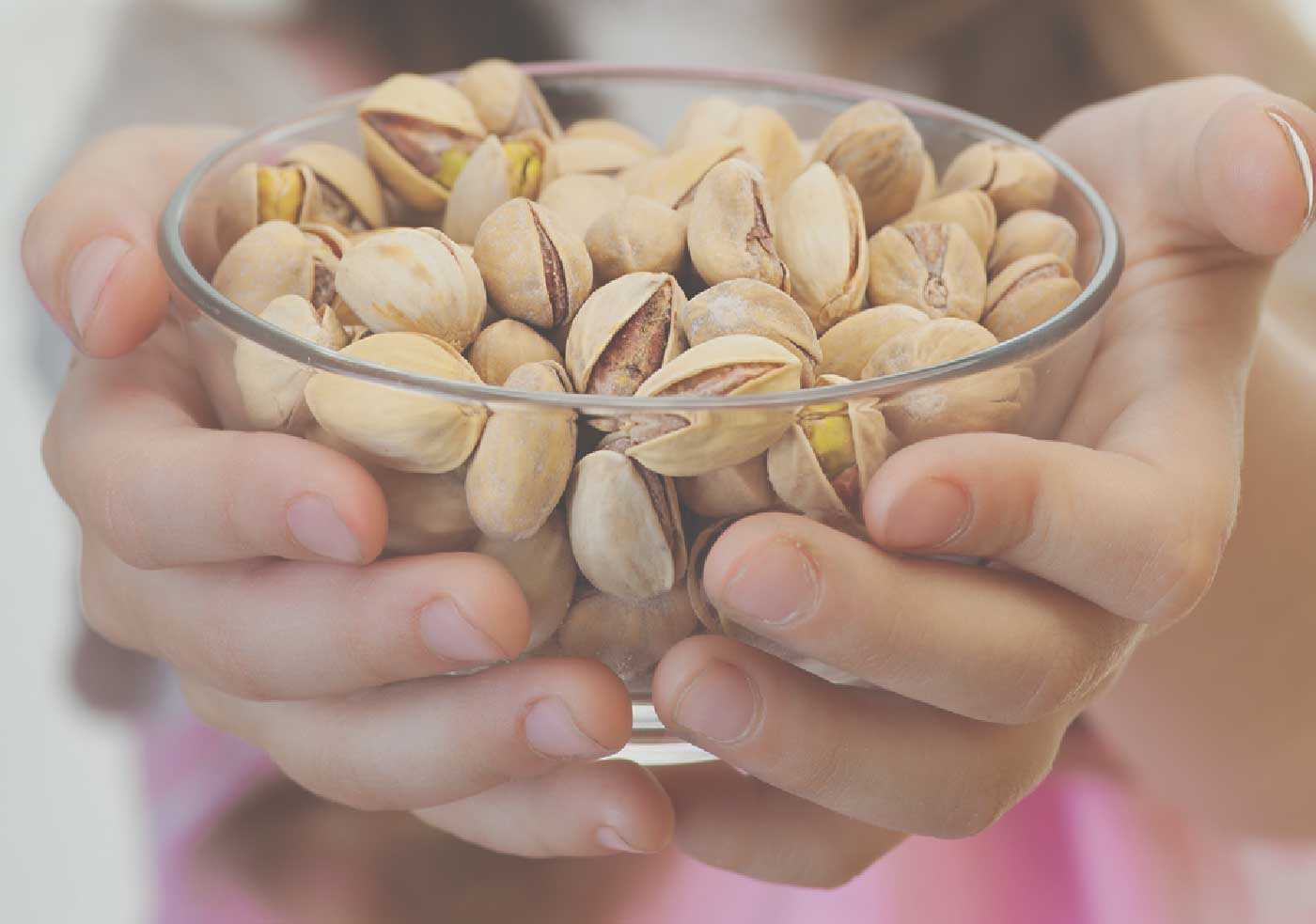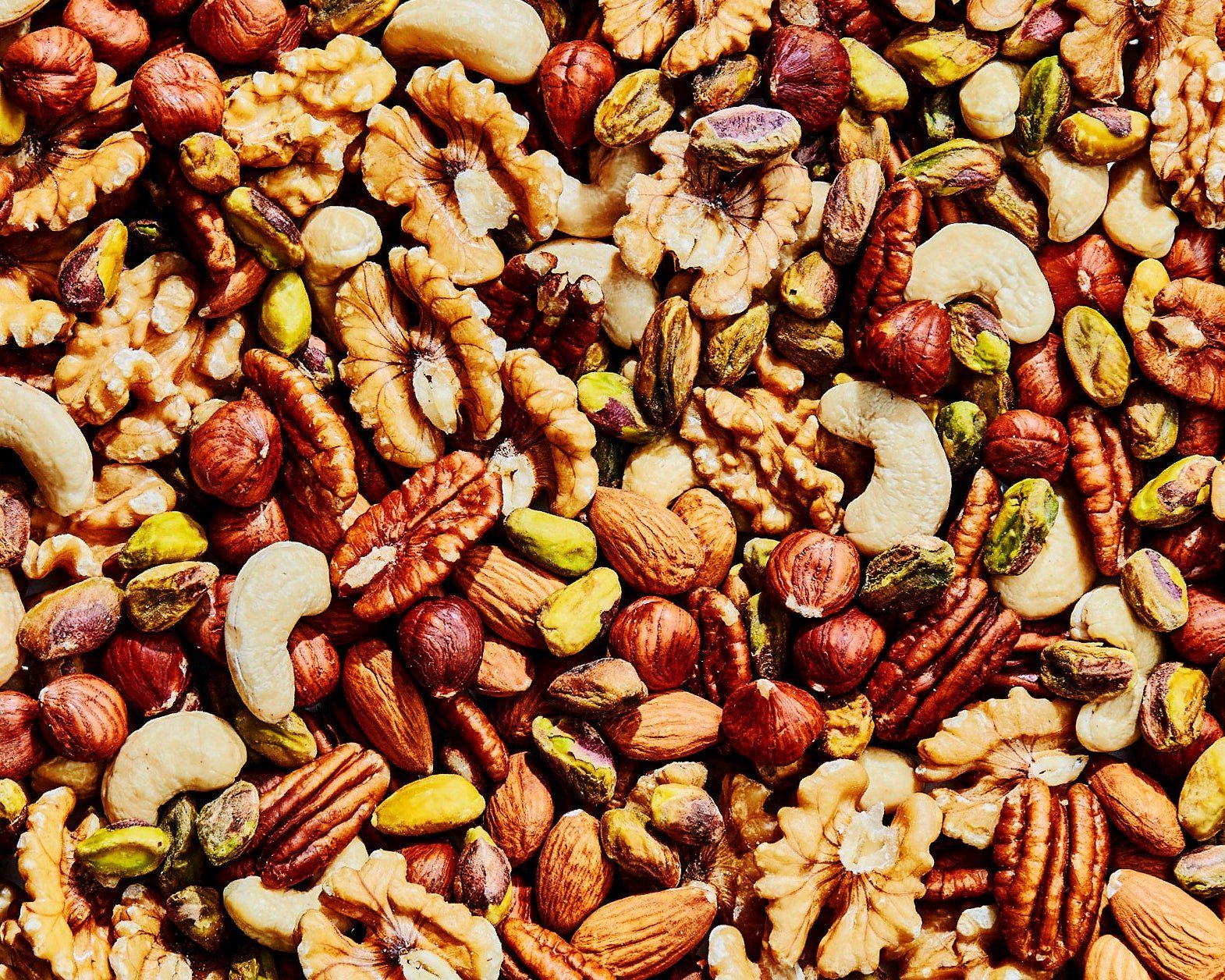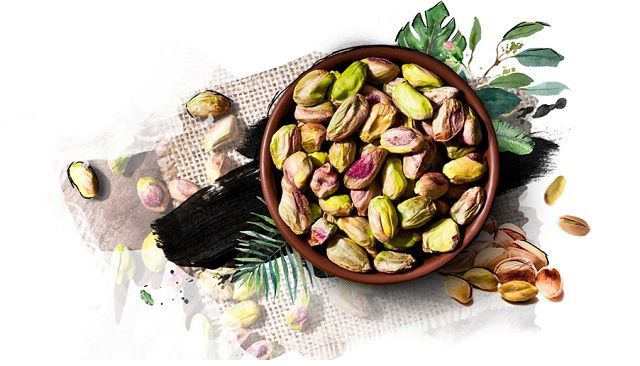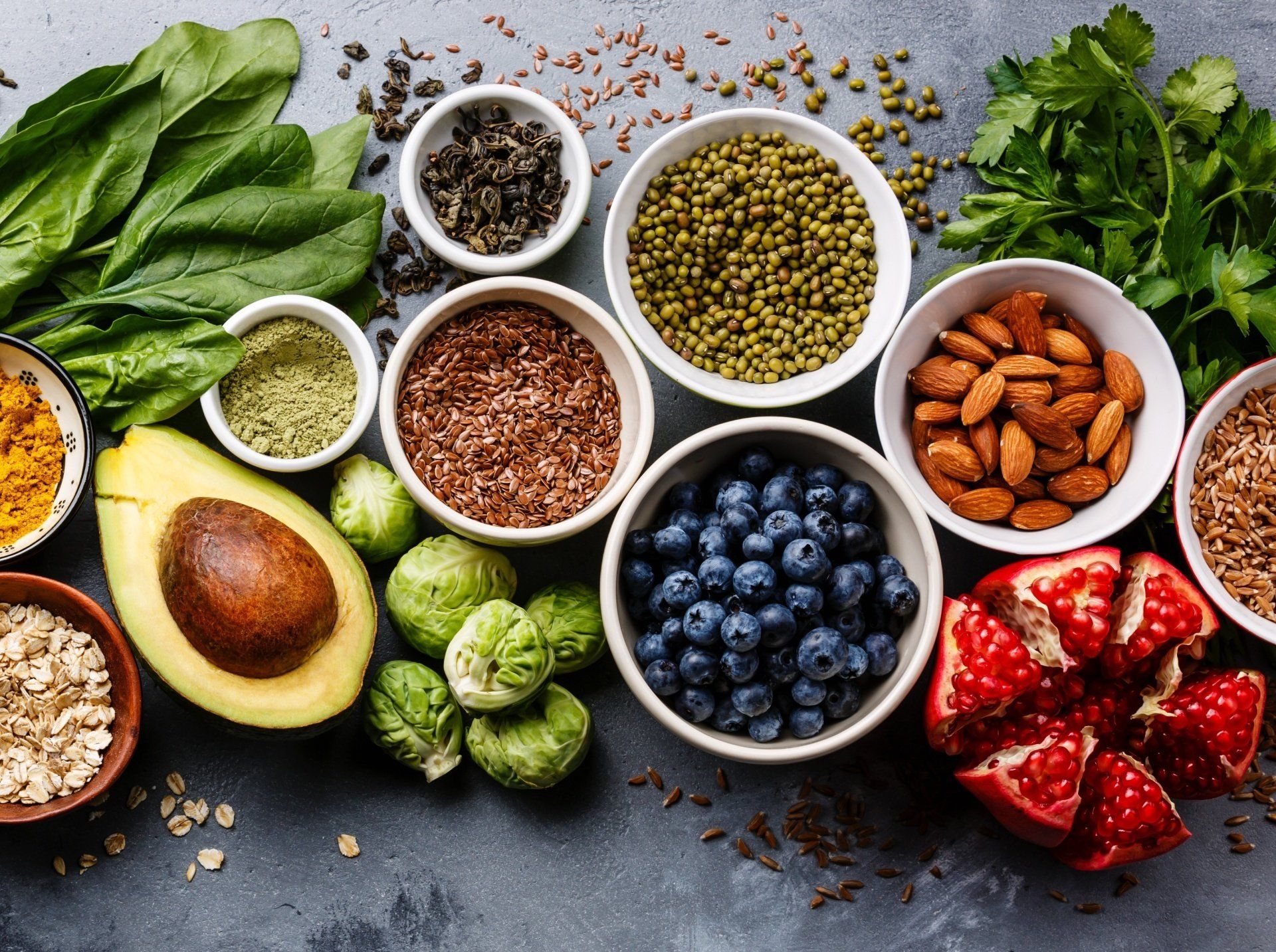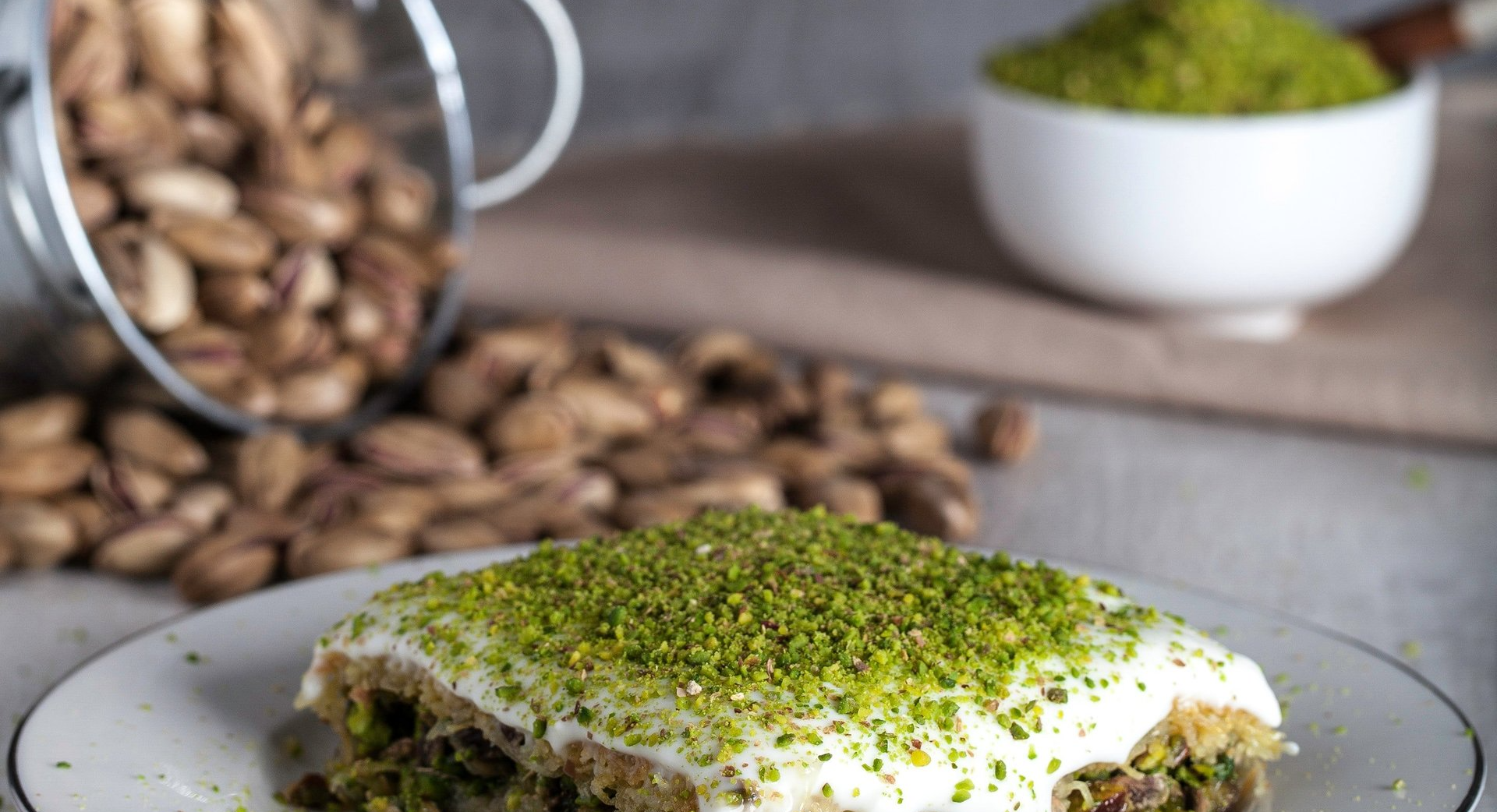Are Cashews Good for You?
Cashews are a kidney-shaped seed sourced from the cashew tree — a tropical tree native to Brazil but now cultivated in various warm climates across the world.
While “raw” cashews are widely sold, truly raw cashews are not safe to eat, as they contain a substance known as urushiol, found in poison ivy. Urushiol is toxic, and contact with it can trigger a skin reaction in some people.
Cashew kernels are cooked in processing to remove this toxic liquid, and this resulting product is sold as “raw”.
Although commonly referred to as tree nuts, and nutritionally comparable to them, cashews are really seeds. They’re rich in nutrients and beneficial plant compounds and make for an easy addition to many dishes.
Like most nuts, cashews may also help improve your overall health. They’ve been linked to benefits like weight loss, improved blood sugar control, and a healthier heart.
This article reviews the nutrition, benefits, and downsides of cashews to determine whether they’re good for you.
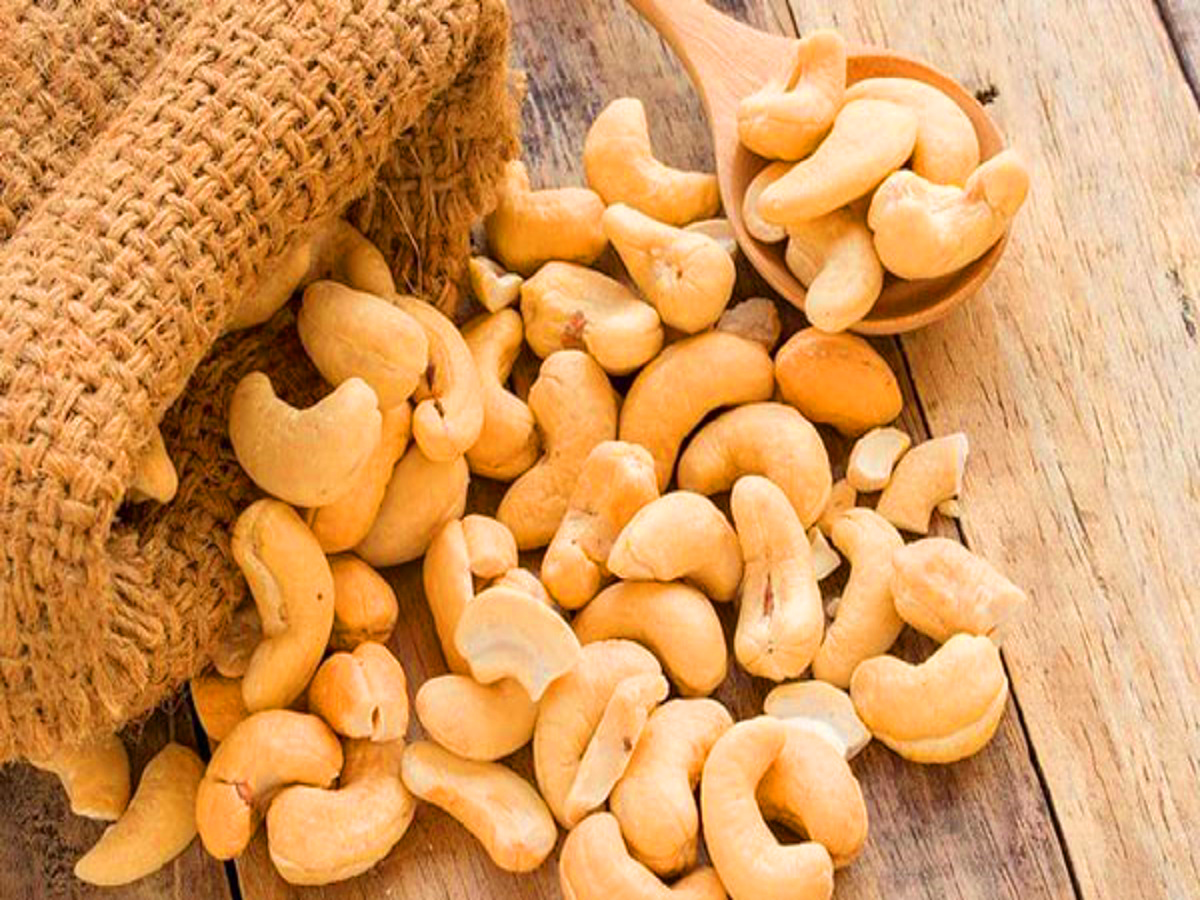
Cashews are rich in a range of nutrients. One ounce (28 grams) of unroasted, unsalted cashews provides you with around:
- Calories: 157
- Protein: 5 grams
- Fat: 12 grams
- Carbs: 9 grams
- Fiber: 1 gram
- Copper: 67% of the Daily Value (DV)
- Magnesium: 20% of the DV
- Manganese: 20% of the DV
- Zinc: 15% of the DV
- Phosphorus: 13% of the DV
- Iron: 11% of the DV
- Selenium: 10% of the DV
- Thiamine: 10% of the DV
- Vitamin K: 8% of the DV
- Vitamin B6: 7% of the DV
Cashews are especially rich in unsaturated fats — a category of fats linked to a lower risk of premature death and heart disease.
They’re also low in sugar, a source of fiber, and contain almost the same amount of protein as an equivalent quantity of cooked meat.
In addition, cashews contain a significant amount of copper, a mineral essential for energy production, healthy brain development, and a strong immune system. They’re also a great source of magnesium and manganese, nutrients important for bone health.
SUMMARY
Cashews are low in sugar and rich in fiber, heart-healthy fats, and plant protein. They’re also a good source of copper, magnesium, and manganese — nutrients important for energy production, brain health, immunity, and bone health.
Nuts and seeds are considered antioxidant powerhouses, and cashews are no exception.
Antioxidants are beneficial plant compounds that keep your body healthy by neutralizing damage-causing molecules known as free radicals. In turn, this helps reduce inflammation and increases your body’s ability to stay healthy and free from disease.
Cashews are a rich source of polyphenols and carotenoids — two classes of antioxidants also found in other tree nuts.
Studies link antioxidants in nuts like walnuts, pecans, and almonds to lower levels of oxidative cell damage.
Due to their similar antioxidant profile, cashews may be expected to offer similar oxidation-fighting benefits. This may be particularly true of roasted cashews, which appear to have an increased antioxidant activity compared with their “raw” counterparts.
That said, the number of cashew-specific studies are limited and more research is needed before strong conclusions can be made.
SUMMARY
Cashews are rich in carotenoids and polyphenols, two categories of antioxidants that may help reduce inflammation and offer protection from disease. However, more cashew-specific research is needed.
Nuts are rich in calories and fat. Hence, people wishing to lose weight have traditionally been advised to limit the amount of nuts in their diet.
However, research is starting to link nut-rich diets to greater weight loss and overall lower body weights than nut-free diets.
This may in part be explained by the fact that cashews appear to provide the body with fewer calories than once thought.
According to the FoodData Central database of the Unites States Department of Agriculture (USDA), cashews provide 157 calories per 1-ounce (28-gram) serving.
However, recent research suggests that the human body may only digest and absorb around 84% of these calories. This is likely because a portion of the fat they contain remains trapped within the cashew’s fibrous wall rather than being absorbed during digestion.
On the other hand, roasting or grinding nuts may increase your body’s ability to fully digest them, thereby increasing the number of calories absorbed.
As a result, weight loss benefits may be strongest for whole, “raw” cashews, although more research is needed to confirm this. And you may be sacrificing the antioxidant benefit that comes with roasting cashews.
In addition to providing fewer calories than expected, nuts are also rich in protein and fiber, which are known to reduce hunger and promote feelings of fullness, both of which can further promote weight loss.
SUMMARY
Cashews appear to provide fewer calories than once thought. Their rich fiber and protein content can help reduce hunger and increase feeling full. Put together, all of these factors may help you lose excess weight.
Diets rich in nuts, including cashews, have been consistently linked to a lower risk of disease, such as stroke and heart disease.
A few studies have focused on the specific heart health benefits of cashews.
One found that people with type 2 diabetes who consumed 10% of their daily calories from cashews had lower LDL (bad) cholesterol to HDL (good) cholesterol ratios than those who ate no cashews at all.
A low LDL to HDL ratio is typically viewed as a marker of good heart health.
Two other studies link cashew nut consumption to higher HDL cholesterol levels and lower blood pressure, as well as lowering total and LDL cholesterol levels.a recent review shows conflicting results. One of the included studies suggests that regular intake of cashews may lower blood pressure and triglyceride levels. However, it finds no effect on total, LDL, or HDL cholesterol levels.
Similarly, another review failed to find any significant changes in cholesterol or triglyceride levels following the consumption of 1–3.8 ounces (28–108 grams) of cashews per day for 4–12 weeks.
Researchers suggest that these inconsistent results may be due to the limited number of studies and their small participant sizes. They conclude that although cashews are just as likely to benefit heart health as other nuts, more research is needed to confirm this.
There also may be differences based on whether participants in these studies replaced more unhealthy snacks with cashews or just added cashews to their current eating patterns.
SUMMARY
Nut-rich diets are consistently shown to be beneficial to heart health. Cashews appear to offer some benefits to lower blood pressure, triglycerides, and cholesterol. However, more studies are needed before strong conclusions can be made.
People with type 2 diabetes may benefit from adding cashews to their diet.
That’s in part because cashews are a good source of fiber, a nutrient that helps prevent blood sugar spikes and which is believed to offer protection against type 2 diabetes.
Studies looking at the effects of cashews on blood sugar levels are limited.
However, in one study, people with type 2 diabetes who ate 10% of their daily calories from cashews had overall lower insulin levels — a marker of blood sugar control — than those who ate no cashews at all.
Moreover, cashews only contain 8 grams of net carbs per portion, of which less than 2 grams come from sugars.
Net carbs refer to the total amount of carbs in a food, minus the amount of fiber it contains — providing a value for the net amount of carbs that your body can actually absorb.
Substituting foods higher in net carbs and sugar with cashews is likely to help reduce blood sugar levels.
That said, more research is needed to examine the effects of cashew-rich diets in people with type 2 diabetes.
SUMMARY
Cashews are low in sugar and rich in fiber — two factors which, when combined, may help reduce blood sugar levels and protect against the development of type 2 diabetes. However, more research is needed to confirm these benefits.
Cashews are very easy to add to your diet.
They can be eaten “raw” or roasted, and make for an easy portable snack.
Whole or ground cashews can also be incorporated into a variety of dishes, ranging from scrambled tofu and stir fries, to soup, salads, and stews.
Cashew butter is another way to add cashews to your diet. Spread it on toast or stir it into yogurt or oatmeal. You can also process cashew butter together with oats and your favorite dried fruit to make homemade, bake-free energy balls.
Cashews can also be soaked and blended together with apple cider vinegar or lemon juice to make your own dairy-free sour cream or cream cheese. Use these to add flavor to meals or make dairy-free versions of your favorite desserts.
Just keep in mind that some roasted and salted cashews can contain significant amounts of added oils and salt. If your goal is to limit excess salt or added fats, consider choosing dry roasted or “raw” unsalted cashew varieties whenever possible.
SUMMARY
Cashews are a versatile addition to any diet. Eat them on their own, add them to your favorite dishes, or use them to make cashew-based sauces and desserts. Choose dry roasted or “raw” unsalted varieties whenever possible.
Cashews are generally a safe addition to most people’s diets.
Keep in mind that roasted or salted cashews can contain high levels of added oils or salt. For this reason, it may be best to opt for unsalted dry roasted or “raw” (unroasted) varieties instead.
Some research suggests that roasted cashews may contain higher levels of health-promoting antioxidants than unroasted cashews. Consider roasting unroasted cashews yourself at home without extra oils.
To do so, simply spread your unroasted cashews in one layer on a baking tray. Then, dry roast them at 350°F (188°C) on the middle rack of your oven for 8–15 minutes. Remember to stir the cashews in 3–5-minute intervals to avoid burning.
Alternatively, toss your cashews in a skillet over medium heat for 3–5 minutes, or until the cashews become slightly brown.
Moreover, cashews contain phytates which can make it more difficult for your body to absorb the vitamins and minerals they contain. Soaking your nuts overnight before adding them to dishes will help reduce their phytate content and improve their digestibility.
Finally, cashews are classified as tree nuts. Therefore, people allergic to tree nuts, such as almonds, Brazil nuts, pecans, pistachios, walnuts, or hazelnuts, may have a higher risk of also being allergic to cashews.
SUMMARY
Cashews are generally considered safe. For most benefits, consider purchasing unroasted (sold as “raw), unsalted cashews and soaking them before eating, whenever possible. Dry roasting cashews improves the antioxidant activity.
Cashews are rich in fiber, protein, and healthy fats. They also contain a variety of vitamins, minerals, and health-protective beneficial plant compounds.
Similarly to nuts, cashews may promote weight loss, blood sugar control, and heart health. However, there’s less research on cashews than on other nuts. Therefore, more cashew-specific studies are needed to confirm these benefits.
That said, there are little downsides to adding more cashews to your diet. Just remember to pick unsalted dry roasted or unroasted varieties whenever possible.



